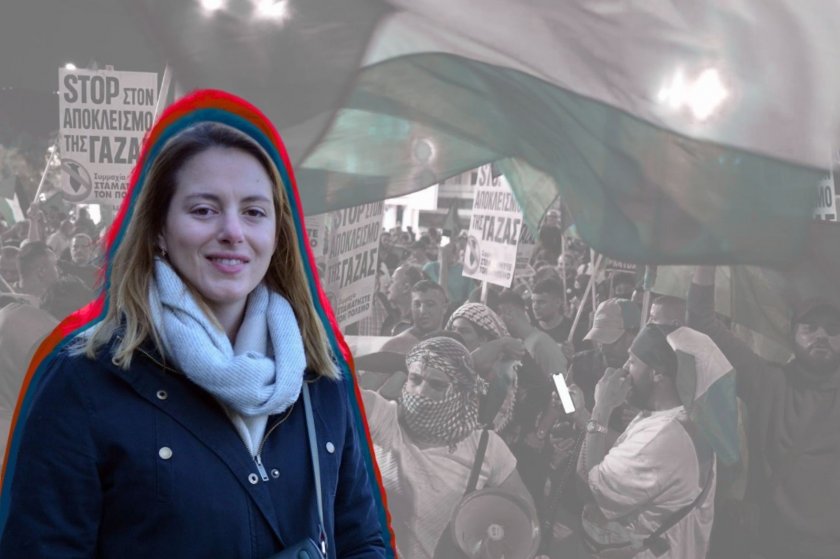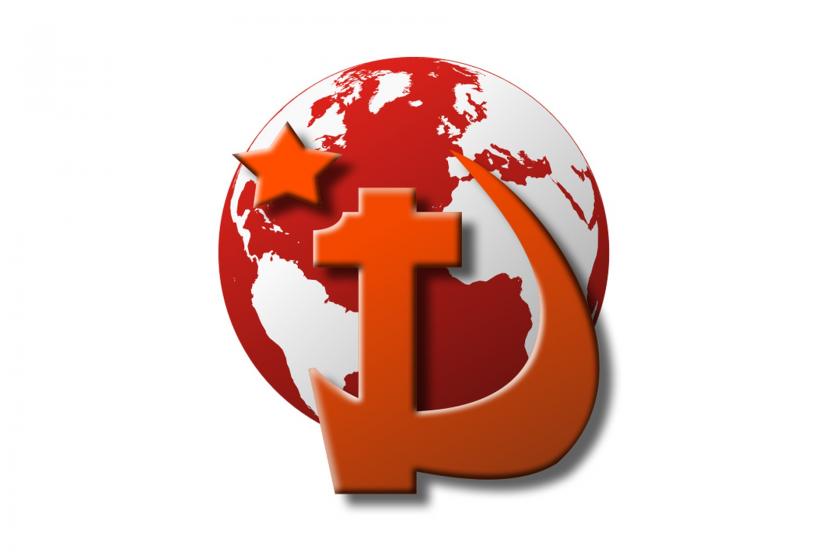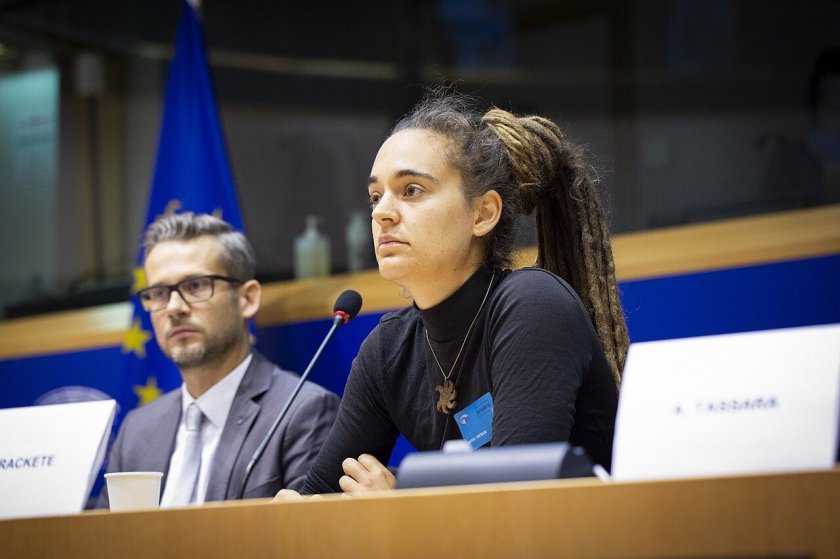1973 Chile coup: “Miracle” of the neoliberal laboratory
The Chile coup saw the US turn the country into a neoliberal laboratory. This prescription in which political and economic violence walk hand in hand was also applied in Turkey.

11 Eylül 1973'te Şili Başkanlık Sarayı'nın bombalanması | Fotoğraf: Biblioteca del Congresa Nacional/Wikimedia Commonsc(CC BY 3.0 cl)
Mithat Fabian SÖZMEN
“Regression for the majorities and ‘economic freedom’ for the small privileged groups are two sides of the same coin.”
From an article that Orlando Letelier, one of Chile’s coup-ousted leader Salvador Allende’s most trusted confidants, wrote for The Nation in August 1976.
One of the most shameless terms ever associated with an economist was coined in the 1980’s: the “Miracle of Chile.” To see what was meant by the description “miracle” as per Milton Friedman and what the reality was, let us first tell the story leading up to Chile’s 1973 coup.
19TH CENTURY: WAR OF THE PACIFIC
Following the discovery in the nineteenth century by British scientists of the fertilizing properties initially of guano and then saltpetre (potassium nitrate), the value of the Pacific shores of Latin America augmented. The British had their eyes trained here and first Peru, then Bolivia’s Antofagasta province and Chile became centres for the manufacture of and trading in saltpetre. Over time, Bolivia, believing itself deprived of its just share of the saltpetre trade, taxed saltpetre resources within its own borders and this created tension in its relations with Chile. In 1879, the War of the Pacific broke out; another, and more correct, name of this war was the Saltpetre War. In the war in which Peru formed an alliance against Chile, the latter scored an important victory and took possession of Bolivia’s Antofagasta and Puna de Atacama regions and Peru’s Tarapaca region. Chile had both expanded its narrow territory and increased its role in the saltpetre trade and also cut off Bolivia’s passage to the sea. However, more important was the addition to its territory of the copper mines whose value would be appreciated in the 20th Century.
POLITICAL ATMOSPHERE AT THE BEGINNING OF THE 20TH CENTURY
Relations with British imperialism, the basic winner from these developments and all that happened at the end of the 19th Century, endowed Chile with a sounder structure in economic terms at the start of the 20th Century and fostered the emergence of conditions of partial prosperity, industry and a small middle class alongside the working class.
This structure that, alongside great wealth, also harboured massive inequality gave rise to the emergence of left-leaning, populist, socialist or even communist political parties at the start of the 1920’s. This political atmosphere that led to the electing of Arturo Alessandri on a populist programme in 1920 ended in a coup in 1924. Even if a short-lived “Socialist Republic of Chile” was experienced in 1932, this date saw the onset of twenty years of social democratic rule.
“MASTERS OF COPPER THE MASTERS OF CHILE”
Chile in the 1930’s was under the influence of the economic crisis that spread from the USA. Of prime importance in the economy by now were the country’s rich copper mines and most of these mines were owned by US monopolies.
The copper monopolies earned four billion dollars from Chile until the Popular Union, which incorporated many left groups, won the election in 1970 under Salvador Allende’s leadership. In return for this, the investment they made in Chile did not exceed 800 million dollars and this economic imbalance, in the words of Eduardo Galeano, made the “masters of copper the masters of Chile.” With copper production increasing by 50% after 1945, the number of workers, conversely, decreased by one-third. The Anaconda Copper Mining Company and Kennecott Copper Mining Company, which had copper production within their grip, derived the maximum benefit from Chilean workers as cheap labour. The wages of workers working for the same company in Chile in 1964 were one-eighth of those in the US.
POPULAR UNION’S NATIONALIZATION PROCESS
However, following the Popular Union’s electoral victory this dominance began to end. As Allende put it, despite the disinformation-based propaganda US-guided rightist-reactionary groups put out in opposition to the nationalization policy, copper was “putting on poncho and spurs and becoming Chilean.”
The steps taken to counter inequality in Chile in the Allende government period, the nationalizations and democratization moves in general, were of a magnitude that this country had not witnessed in its history. However, the USA, which by the 1970’s had pulled off successful coups in a series of countries in Latin America like Guatemala, Bolivia, Brazil and the Dominican Republic, would not stay silent in the face of these advances that chipped away at its imperialist interests.
US COUP
From the first day of the Allende’s rule, White House National Security Advisor Henry Kissinger and the CIA had a three-headed plan of action:
Feeding opponents of the Popular Unity government millions of dollars,
Preparing the Chilean army for coup, and
Following an aggressive economic policy that would reverse the Allende government’s popular gains (mainly the nationalizations).
On 11 September 1973, the Salvador Allende government was toppled in a military coup that went as far as bombing the Chilean Presidential Palace. Allende was alleged to have committed suicide and Chile passed into the rule of bloody dictator Pinochet. However, for certain people this period was the beginning of the “Miracle of Chile”!
THE CHICAGO BOYS AND THE “MIRACLE OF CHILE”
According to Friedman, who brought the transformation created in the Chilean economy following the 1973 coup by the people Prof. Milton Friedman taught at the Chicago School between 1957 and 1970 into the literature terming it the “Miracle of Chile,” the “Miracle,” over and above the success of the economic programme that was implemented, was a military junta being permitted to implement this programme. Such that, “Along with the economic programme, Chile speedily marched towards reestablishing a democratic order!” The “military junta” in Freidman’s “Miracle” ended on paper in 1980 and General Augusto Pinochet was able to serve as head of state for a further eight years under a constitutional amendment. In a 1988 plebiscite, conversely, the extension of Pinochet’s rule by a further eight years was rejected by the people and Friedman’s “Miracle” ended in full! There was a return to the “normal” democratic order in 1990; of course, if there remained anything that could be called “democratic” in Chile!
IT WAS OPPRESSION AND TERROR THAT ENABLED THE “MIRACLE”
For the duration of Friedman’s “Miracle,” 3,200 people were killed, tens of thousands of people were detained, political protests and the opposition were banned in full, everything relating to the freedom of expression and organization was binned and more than 200,000 people were forced to emigrate!
However, what went on in the economy was at least as striking as these tragedies.
The article “The 'Chicago Boys' in Chile: Economic Freedom's Awful Toll” that Orlando Letelier, Allende’s “comrade” who served as US Ambassador, Foreign Minister and Defence Minister, wrote in The Nation in August 1976 about the “economic success” alleged to have occurred in Chile caused a huge stir. Letelier said that, with the world railing against the antidemocratic practices in Chile, it remained silent in the face of the “Chicago boys”’ heartless economic methods. Measures such as privatization, deunionization and lifting price controls on basic consumer goods targeted the working people as a whole, not just Allende supporters and revolutionaries.
However, the most important point of Letelier’s article was to articulate that these two policies, that is the economic implementations and political oppression, were not mutually independent. Letelier said the thing that enabled the free market transformation contrary to the interests of millions of working people was the junta’s policy of systematic oppression and terror: “Repression for the majorities and “economic freedom” for small privileged groups are in Chile two sides of the same coin.”
FRIEDMAN’S SHOCK TREATMENT
Letlier said economic policy was run by the “Chicago boys”’ teacher Milton Friedman at headquarters. The notion of “shock treatment” applied in this period by Friedman, who spoke to Pinochet in person, was not, contrary to what the professor claimed, just a “technical recommendation.” Friedman knew full well, too, that the only way to implement economic violence was political violence. Naomi Klein, in her article in which she recalled Letelier’s article in The Nation three years earlier combining it with her own “Shock Doctrine,” stated that Eduardo Galeano had summed up this entire process with the words, “How can this inequality be maintained if not through jolts of electric shock?”
Letelier was assassinated in the USA on 21 September, one month after the article. It is not hard to guess who was behind the assassination! The FBI investigation revealed that the bomb placed in Letelier’s car was the work of US citizen Michael Townley, who worked for Pinochet’s secret police.
“MIRACLE” ALSO EXPORTED TO TURKEY
Chile was turned into a laboratory for neoliberalism with the bloody coup of 1973. Behind it, over and beyond Milton Friedman and his students who had the audacity to call what happened a “Miracle,” were the interests of US imperialism and its monopolies. Just as the process of coups that had its initiation in the “Guatemala model” was before long martialled against all progressive, antiimperialist governments in Latin America, the “Miracle of Chile” would be exported to the whole world. This was what saw to it that neoliberalism was brought to dominance in many countries including Turkey through either coups or oppressive means.
Sources consulted in the article:
- Eduardo Galeano, Open Veins of Latin America
- Orlando Letelier, The ‘Chicago Boys’ in Chile: Economic Freedom’s Awful Toll
- Naomi Klein, 40 years ago this Chilean warned us about the Shock Doctrine. Then he was assassinated
(Translated by Tim DRAYTON)
Forwarding to the next article...
10 seconds remaining






Follow Evrensel